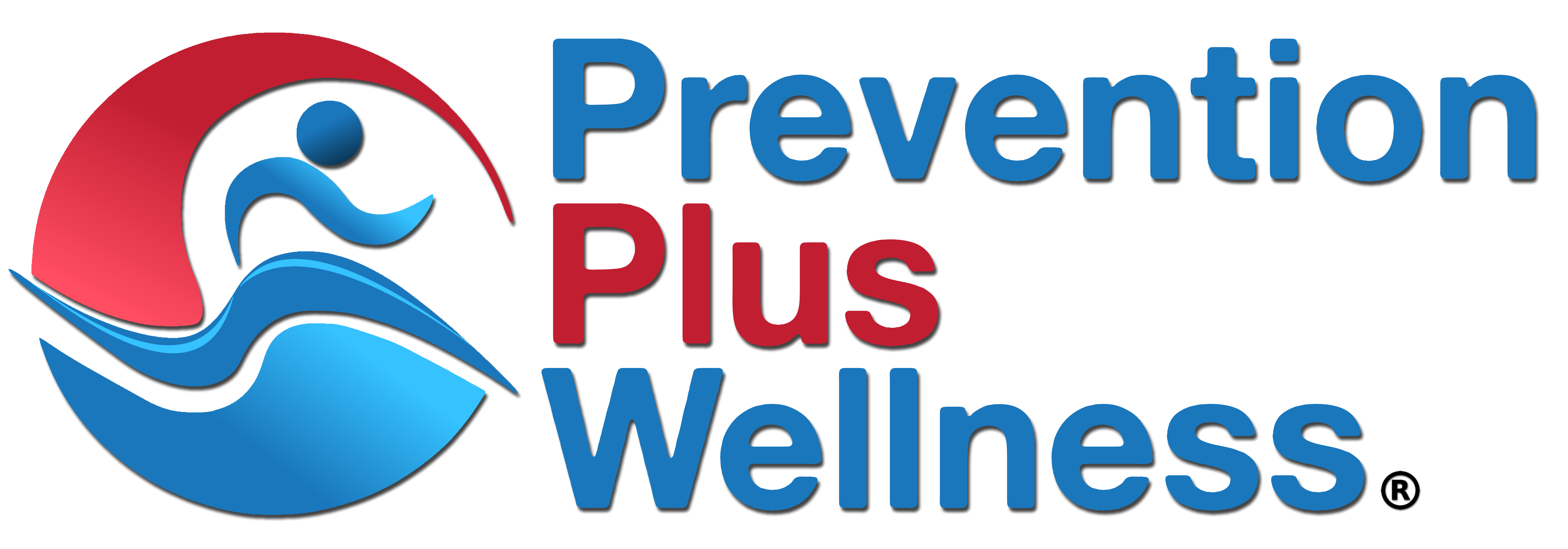A recent study published in Addictive Behaviors (2022) examined the effects of sleep duration on next-day alcohol and cannabis craving and use among young adults.
At the day-level, sleep duration was inversely associated with craving for both alcohol and cannabis: Stronger craving was reported on mornings and afternoons after relatively shorter sleep duration.
At the burst-level, sleep duration was inversely associated with morning and afternoon alcohol craving indicating stronger alcohol craving when young adults have accumulated shorter sleep duration.
Pertaining to alcohol and cannabis use, the burst-level effect showed that participants engaged in greater alcohol use during two-week bursts with shorter sleep duration.
The authors concluded that shorter sleep duration may be a modifiable risk factor for substance use and cravings.
This study’s findings suggest that integrating sleep behaviors within alcohol and cannabis use prevention programs may improve substance use outcomes for young adults.
Read the entire study abstract: https://www.sciencedirect.com/science/article/abs/pii/S0306460322001332

